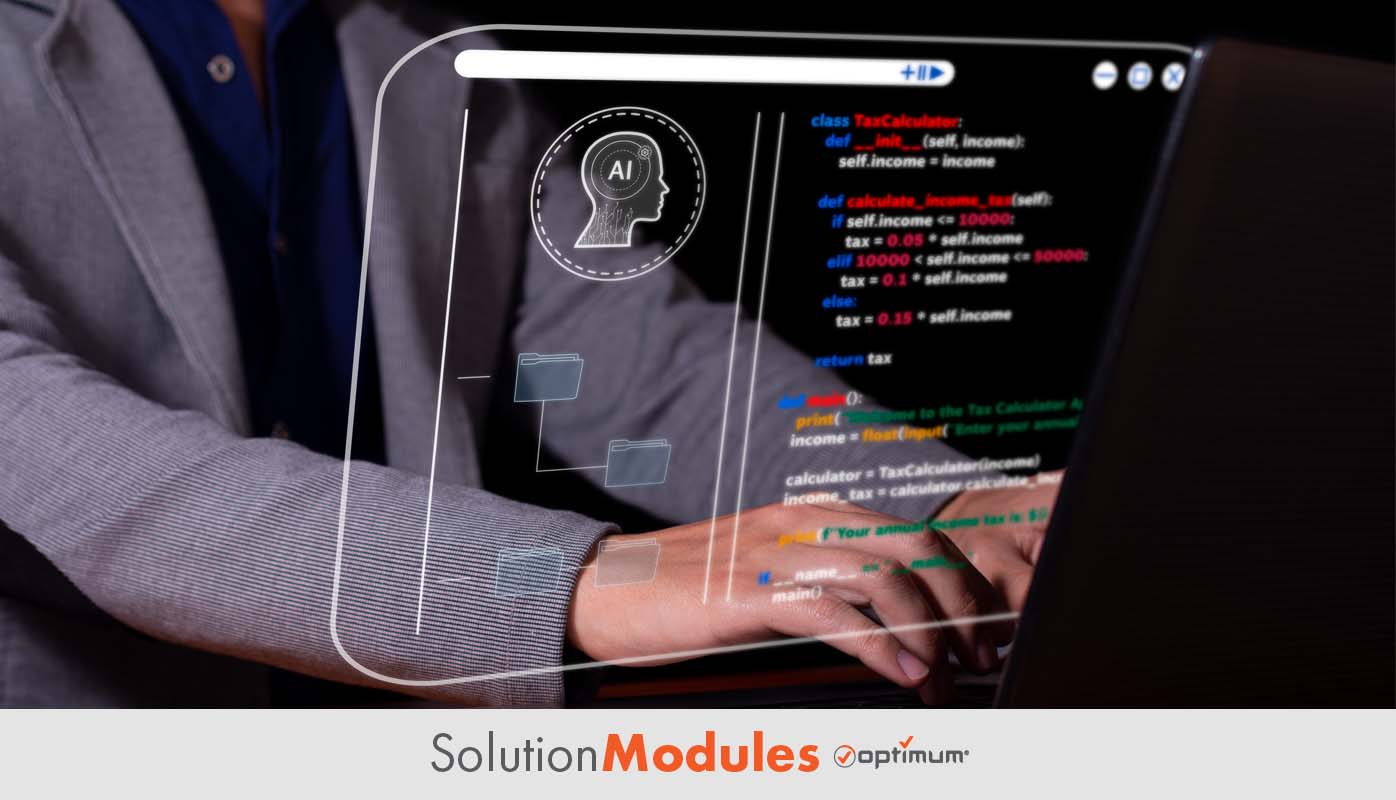
How AI and Business Intelligence Work Together to Transform Decision Making
Table of Contents
- What AI Brings to Business Intelligence
- How It Changes Decision Making
- Key Benefits of AI and Business Intelligence
- Real-World Use Cases
- Getting Started with Business Intelligence and AI
- FAQ
- Conclusion

Today’s businesses are overwhelmed with data—sales figures, customer feedback, operations, and more. But data alone isn’t useful unless you can understand it and act on it quickly. That’s where AI and business intelligence work together. By integrating artificial intelligence with BI platforms, companies can uncover hidden patterns, make faster decisions, and build strategies driven by real-time insights. AI business solutions help automate the discovery process, turning raw data into actionable intelligence.
Key Takeaways
- AI enhances business intelligence by detecting patterns, anomalies, and trends faster than manual analysis.
- It shifts reporting from reactive to predictive, improving decision-making across departments.
- Teams can access real-time, natural language insights without needing technical expertise.
- Scalable and accessible platforms make AI-driven intelligence feasible for businesses of all sizes.
- Applications span sales, marketing, finance, and operations—accelerating value organization-wide.
What AI Brings to Business Intelligence
Artificial intelligence adds a new dimension to business intelligence by going beyond static reports. Through technologies such as machine learning in business intelligence, AI can recognize complex patterns, detect anomalies, and forecast future trends based on historical data. This intelligent data processing allows users to ask natural language questions and receive understandable insights without needing a technical background. The result is more accessible and dynamic data analysis that empowers every team member.
How It Changes Decision Making
Traditional business intelligence typically describes what has happened. When combined with AI, the focus shifts toward predicting what will happen next. This predictive capability, powered by predictive analytics, gives leaders foresight into upcoming challenges and opportunities. Teams can make proactive decisions rather than reactive ones, reducing risk and improving outcomes. AI-enhanced dashboards become powerful decision-making hubs that continuously adapt to new data and evolving business needs.
Key Benefits of AI and Business Intelligence
Using business intelligence with AI delivers several important benefits. It speeds up data analysis by automating complex calculations and reduces human error through consistent, automated processing. Accessibility improves as more employees can interact with data via self-service tools powered by natural language processing. Moreover, AI-driven platforms scale easily as your company grows, handling increasing volumes of data without extra overhead. The use of augmented analytics means AI doesn’t just provide data — it offers recommendations on next steps, helping teams prioritize focus.
Real-World Use Cases
These examples show the clear benefits of AI in business intelligence across departments.
- Sales – Forecast revenue, optimize pipelines, and personalize client outreach.
- Marketing – Run sentiment analysis, campaign tracking, and customer segmentation.
- Finance – Detect fraud, optimize spending, and automate reporting.
- Operations – Improve supply chains, perform predictive maintenance, and reduce downtime.
Getting Started with Business Intelligence and AI
- Audit your existing business tools and spot reporting gaps or delays.
- Set AI goals tied to business needs—forecasting, anomaly detection, or automation.
- Clean and connect your data to ensure accuracy and consistency.
- Pilot AI tools in one area first, review results, then expand.
FAQ
What’s the difference between traditional business intelligence and business intelligence with AI?
Traditional focuses on historical data and reporting, while AI and business intelligence adds predictive and prescriptive insights that help plan future actions.
Is AI in business intelligence only for large companies?
Not at all. Many platforms cater to small and midsize businesses with easy setup and scalable pricing.
How does AI improve data quality?
AI tools continuously clean data, identify errors, and refine datasets to maintain accuracy and reliability.
Can non-technical teams use AI business intelligence tools?
Yes. Modern solutions provide no-code or low-code options and natural language query support, making AI accessible to all users.
Is AI reliable for business decisions?
When properly trained on quality data, AI provides consistent, transparent insights that support confident decision making.
Conclusion
Combining AI and business intelligence is changing how companies approach decision making by delivering faster insights, accurate forecasts, and strategic guidance across departments. With AI-driven analysis, your teams can operate with greater clarity, speed, and confidence. To unlock these advantages for your organization, explore how Optimum AI Business Solutions empowers smarter, data-driven decisions that scale with your business. Let’s Chat